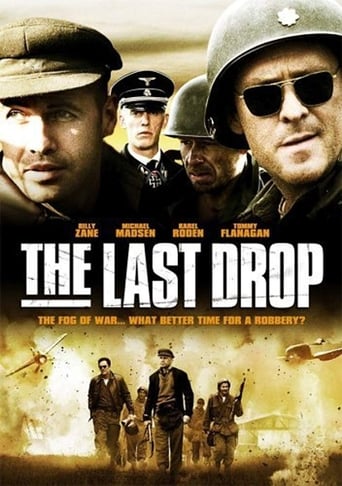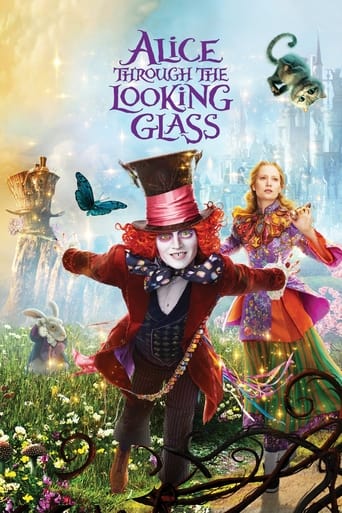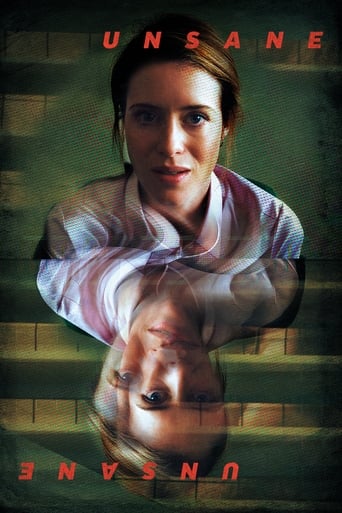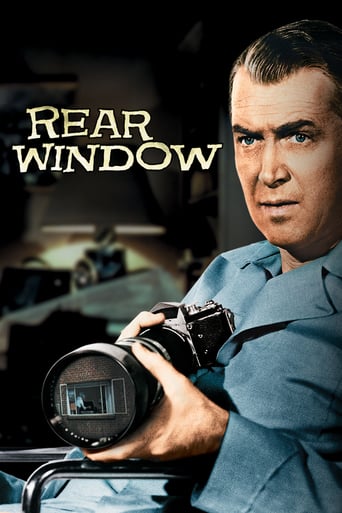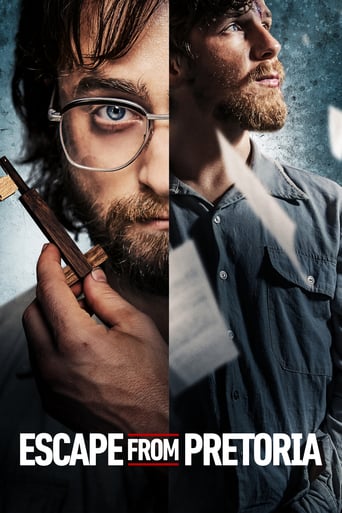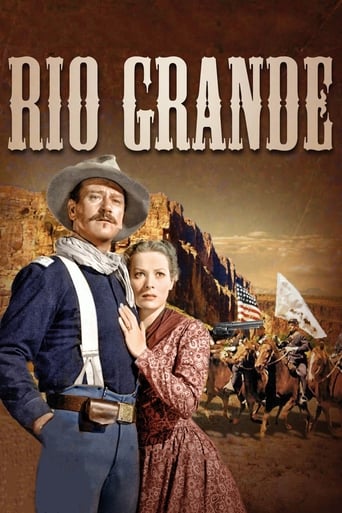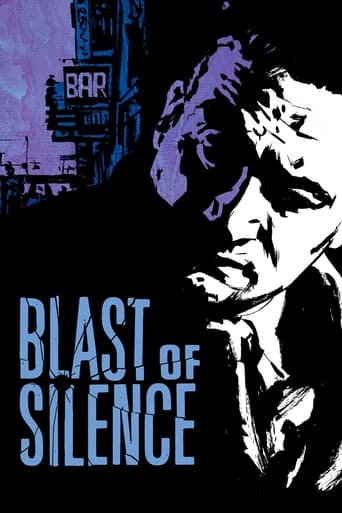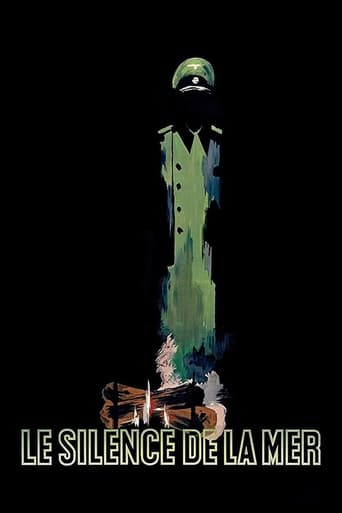


The Silence of the Sea
In a small town in occupied France in 1941, the German officer, Werner Von Ebrennac is billeted in the house of the uncle and his niece. The uncle and niece refuse to speak to him, but each evening the officer warms himself by the fire and talks of his country, his music, and his idealistic views of the relationship between France and Germany. That is, until he visits Paris and discovers what is really going on...
-
- Cast:
- Howard Vernon , Nicole Stéphane , Jean-Marie Robain , Amy Aaröe , Claude Vernier


Similar titles
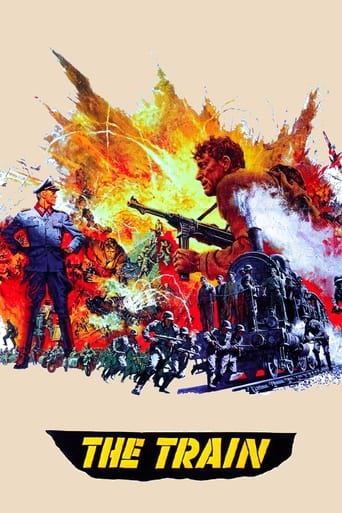
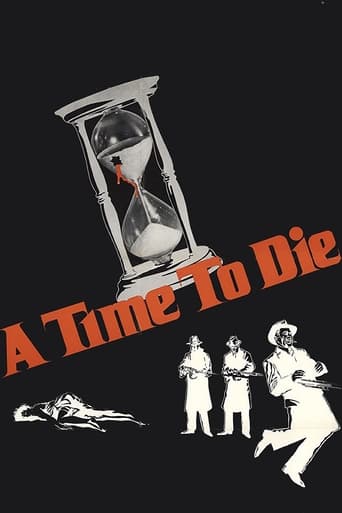
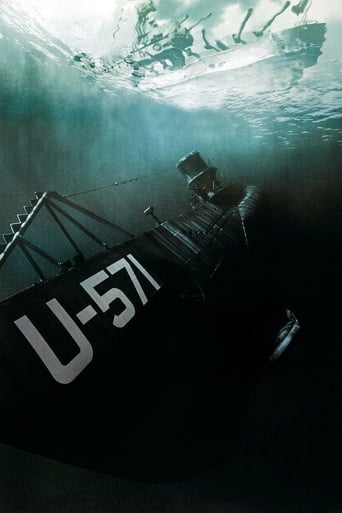
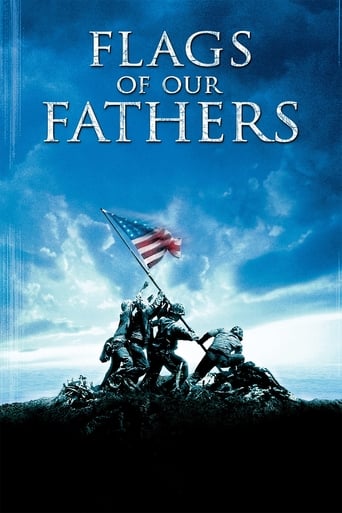
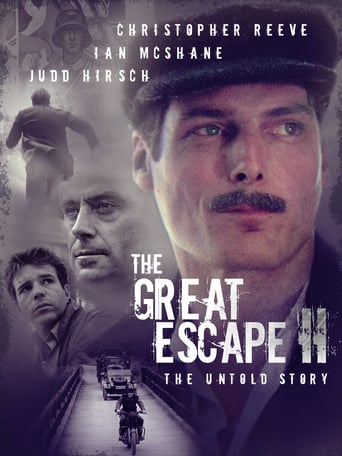
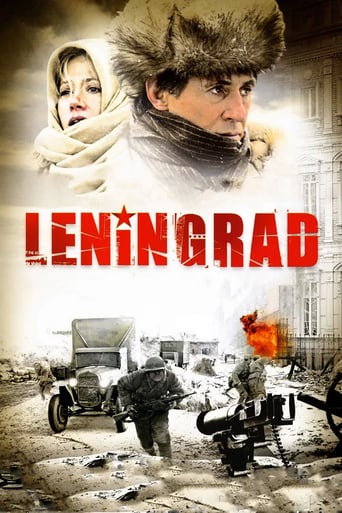
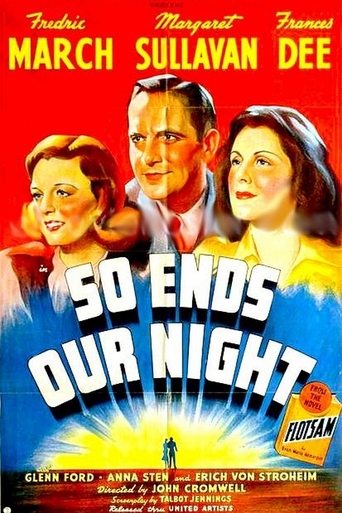
Reviews
An absolute waste of money
At first rather annoying in its heavy emphasis on reenactments, this movie ultimately proves fascinating, simply because the complicated, highly dramatic tale it tells still almost defies belief.
One of the most extraordinary films you will see this year. Take that as you want.
All of these films share one commonality, that being a kind of emotional center that humanizes a cast of monsters.
And so Jean-Pierre Melville's career began with this very impressive feature debut. While not quite the same kind of film from him as I'm used to (keep in mind the only other Melville films I've seen are Le Deuxième Soufflé and Le Samouraï), it delivers every bit of quiet tension and restrained filmmaking I've come to love from this director. The vast majority of the film is either narration directly out of the book on which the film was adapted, or Howard Vernon delivering hauntingly beautiful monologues. Vernon's performance is flawless and never fails to draw you in. All of this great stuff aside,Le Silence de la Mer has some room to grow. Biggest issue being that it's basically a stage play. The medium is hardly utilized and it makes for a semi- dull viewing. This isn't the fault of Melville or anybody else, that's just what the source material calls for. As perfectly executed as Vernon's monologues were, I just can't help but feel that the story could have had so much more to offer. But this, again, is the fault of the author of the book, not Melville. All in all, Le Silence de la Mer is a very good start to Melville's career and definitely one not to let pass you by.
Le Silence De la Mer (Jean-Pierre Melville) This slow burning World War II drama is based on the short novel of the same name about a German soldier, Werner Von Ebrennac, during wartime who lodges with a French man and his niece, Ebrennac is met only with silence.Throughout the film Ebrennac attempts to establish a connection to the French and periodically preaches his ideologies of alliances, the similarities between France and Germany, now and again he tells stories of his youth and his fears of the evil that people are capable of. Ebbrennac is attempting to gain empathy from the French, for them to view him as human, rather than an enemy since he admires France so much. Melville denies that this is his attempt to fix the frictional relationship between France and Germany, suggesting instead that the film is just a faithful adaption of the novel, evidenced by the films beginning which is a novel being opened, the film ends with the novel closing.The house in which most of the film takes place has a ghostly air, the nephew and niece act as though Ebrennac is never there. Ebrennac often drifts in and out of the house and talks to no reply. The film's style is a slightly infrequent, switching from basic narration to flashbacks. Nonetheless the film provides a good idea of French-German relationships during war and challenges peoples perspectives on the enemy. Melville inclines us to understand that the enemy are individuals that are being puppeteer-ed by dictatorial fascistic leaders and that occasionally one in a few aren't hateful. Although the film tends to be a bit slow at times for me and occasionally uninteresting. The film relies on its dialogue and so the photography is quite simplistic. Inspired metaphoric imagery sometimes sneaks into the movie such as the niece's scarf which features two hands reaching for each other (it looks like it could have drawn by Cocteau). The simplicity increases our awareness and exaggerates the slightest element of suspense, like hearing a pin drop in a silent room. The intense stares shared between characters speaks volumes more than any of the dialogue contained in the film. The slightest hand movement attracts attention.I feel that the movie is sometimes overdone because of its overly extended scenes of silence which didn't really connect with me, although they are important. This is a promising debut film that features great performances, realistic characters, a unique atmosphere and humanistic overtones.
In a small town in occupied France, the tranquil life of the occupants of a country house (an uncle and his niece) is disturbed when a new German officer, Lieutenant Werner Von Ebrennac is billeted and takes up residence in their home. Not wanting to be seen to be collaborating with the enemy they both agree not to let the foreign presence interfere with their everyday life and to this end they even refuse to acknowledge their new guest when he speaks to them. Von Ebrennac a musician and budding composer understands their stubbornness and each night he joins them in their living room and regales them with his stories, on topics such as his love of France, the influence of his father, the war and his passion for music, all of his thoughts and questions go unanswered by the uncle and his niece, he puffs on his pipe while she continues to knit, all the time never making eye contact with their unwanted guest. Privately they both seem to have a growing respect for Von Ebrennac,a learned, romantic and cultured man who imparts his knowledge of French literature with a vitality that can't help but enthuse the listener, he even resorts to wearing civilian clothes in order that his hosts feel more comfortable in his presence.After the fall of France to the occupying Nazi's, Jean Pierre Melville who fought in the famous battle of Dunkirk found himself demobbed from the French military and subsequently ended up in London where he tried to do his part for the French Resistance, it was there that his love of Cinema gave him his first inkling of what his first project would be, he wanted to adapt the infamous and iconic Resistance book, La Silence de la Mer by Vercors, After the war Melville approached Vercors looking for his permission to adapt his work, which was denied. Despite this setback Melville set out to make the film anyway, another problem that beset him was that he had no Cinematic training and in the highly regulated and unionised France this was going to be a sticking point if the film was going to be made, but his determination fuelled the project and soon Vercors was on board, after Melville made him an offer that the film would never be released unless it was accepted by an esteemed Resistance audience at a private screening and if it didn't compromise his book, of course the film was widely accepted with only one vote against. Melville strived for authenticity and even used Vercors' own home for the filming and also employed actors that had been in the Resistance.Jean-Marie Robain plays the Uncle and his voice is for the most part only heard in voice-over, both he and Nicole Stéphane's (the Niece) performances by their nature have to be very subdued and all emotion is shown with but the slightest of glances and hardly any movement. Vernon has nearly all the on screen speaking parts and the film is broken up into his ever more emotive musings on life that border on soliloquy and its his performance that holds together the film, when after a brief trip to Paris to meet some old friends, he returns devastated in the knowledge of the atrocities that are to happen and that have been happening, he must now admit to his hosts that his interpretations of his countries ideals have been erroneous. A sublime debut from Melville that influenced many of his fellow countrymen, like Bresson, Truffaut and Godard, with but the slightest hint of what direction his career would take, his gathering together of first timers succeeded in creating a film that bucked many of the filmic trends of the day and as such helps retain its freshness and power even today.
France 1942. Jean Pierre Grumbach alias Melville is away in London with General de Gaulle. France is occupied by the German nazi swastika. Jean Bruller, actually an illustrator, writes a novel 'LE SILENCE DE LA MERE', which is published by the underground 'Edition de Minuit'. Bruller calls himself Vercors. On Feb. 22, 1942 the book is ready to be issued and distributed in Paris by messengers on bicycles. Melville first read the novel in English. He reports, that he was absolutely determined, that it would be his first film. He returned to France and negotiates with Vercors to buy the rights for his resistance novel. Vercors refused to let Melville have it. The book had virtually served as a Bible during the war and had become part of the French national heritage. Finally Vercors and Melville make a deal: The future famous director guarantees to submit the film as soon as it was finished to a jury of resistant selected by Vercors. Should one single member of this Jury be opposed to the film being shown, Melville promised to burn the negative. The trouble was, that Melville was unqualified professionally, had no union card and in fact not obtained the rights to the book. Still, the director of the GTC laboratories Colling encouraged Melville and did the chemical work for nothing and the later famous lighting cameraman Henri Decae was the operator of the hired and not so well working equipment. The film was made in Vercors own house and Howard Vernon, a German (Swiss?) starred, as well as a friend of Melvilles Jean-Marie Robain, a wartime comrade, and a family friend Nicole Stéphane, whose profile and limpid eyes Melville loved and who was according to him a Rothschild, what the CGT didn't like so much.What is it all about ? Uncle (Robain) and his niece ( Stéphane) live together in a house outside some village that is occupied by the Germans (and drink expensive coffee all the time). They have to tolerate a German lieutenant (Vernon), who comes to live upstairs and has a bad leg and who works in the Commandantur. He is a well educated composer of music and has never been to France, though he has traveled the world except France. When he after work comes back to the uncle-niece couple (he sucking a pipe, she knitting) he knocks at the door and speaks (mostly in his German uniform) in French to the owners of the house, who never answer to him or comment on his statements, explanations, ideas, longings, who never say good night. They are just listening to him. What is the lieutenant speaking and dreaming of ? He imagines the genius of German music and the greatness of French literature being united in a peaceful Europe. One day our lieutenant Werner decides to go to Paris, that he avoided a long time. The opera like action inside the (Vercors) house is now taken to open air Paris, Vernon with his officers cap is a tourist in front of several well known Paris Buildings and we watch him attending a party of officers, who wise Ebrennac up, that they never intended to respect the French culture or let it at least exist as it is. They make clear that the occupation has just one aim, finish the French for once and for all times. Ebrennac looses all hope, returns to the cottage of uncle and niece, packs his luggage and reports to them what he had heard in the officers Club in Paris. He decides to go back to the front. He leaves the house and this is the time, when the niece says just one word: Adieu.Certainly the film has an anti-cinematographic aspect and there is little action. But you watch every minute with growing interest how the relationship between the three is developing. There are simple means, two or three walls, a ceiling, a door, a uniform, a ball of wool, a flickering fireside and the over and over repeated greeting of the officer, that he wishes a good night. Are we even witnessing a quiet love affair ? It is probably not in the book, but I like to accept that idea, sympathy for the devil. (Andre Gide: I think the girl was a fool. She deserved to be spanked.)The film is full of fine details. All of them put splendidly by Decae into a black and white photography as if that sort of film was just freshly invented. The church at the horizon (where would that be ?) behind a field of corn and the forgoing panning shot followed by a slow pan toward a gun barrel. The scene when the lieutenant and his corporal cross a bridge and three French occupy the sidewalk and don't move a single inch. The group of officers caps on the table at the soiree, the perfect focus in the kitchen (Gregg Toland's way) and the nice scarf of the niece towards the end, which looks like decorated by Jean Cocteau, but was drawn by Melville himself, who greatly admired Cocteaus work. Its all much more than just a first film of a future independent film maker. Melville tells us, making the film was the happiest year in his life. Decae and Melville did the editing from 35 mm rushes in a hotel room. They projected on to the wall. They filmed in total penury. After putting an original music to the film (cost as much as the whole film, 120 musicians) in October 1948 the film was first screened at the studio des Champs-Elysees, in the presence of a top-drawer audience. Now at last Pierre Braunberger came in and managed to persuade Melville to give him the film. It did well at the box office. And thanks to young Howard Vernon, who passed away only recently at the age of 82. And Cocteau thought the mentioned scarf was a work of his.Michael Zabel, Offenbach/Rodenbach

